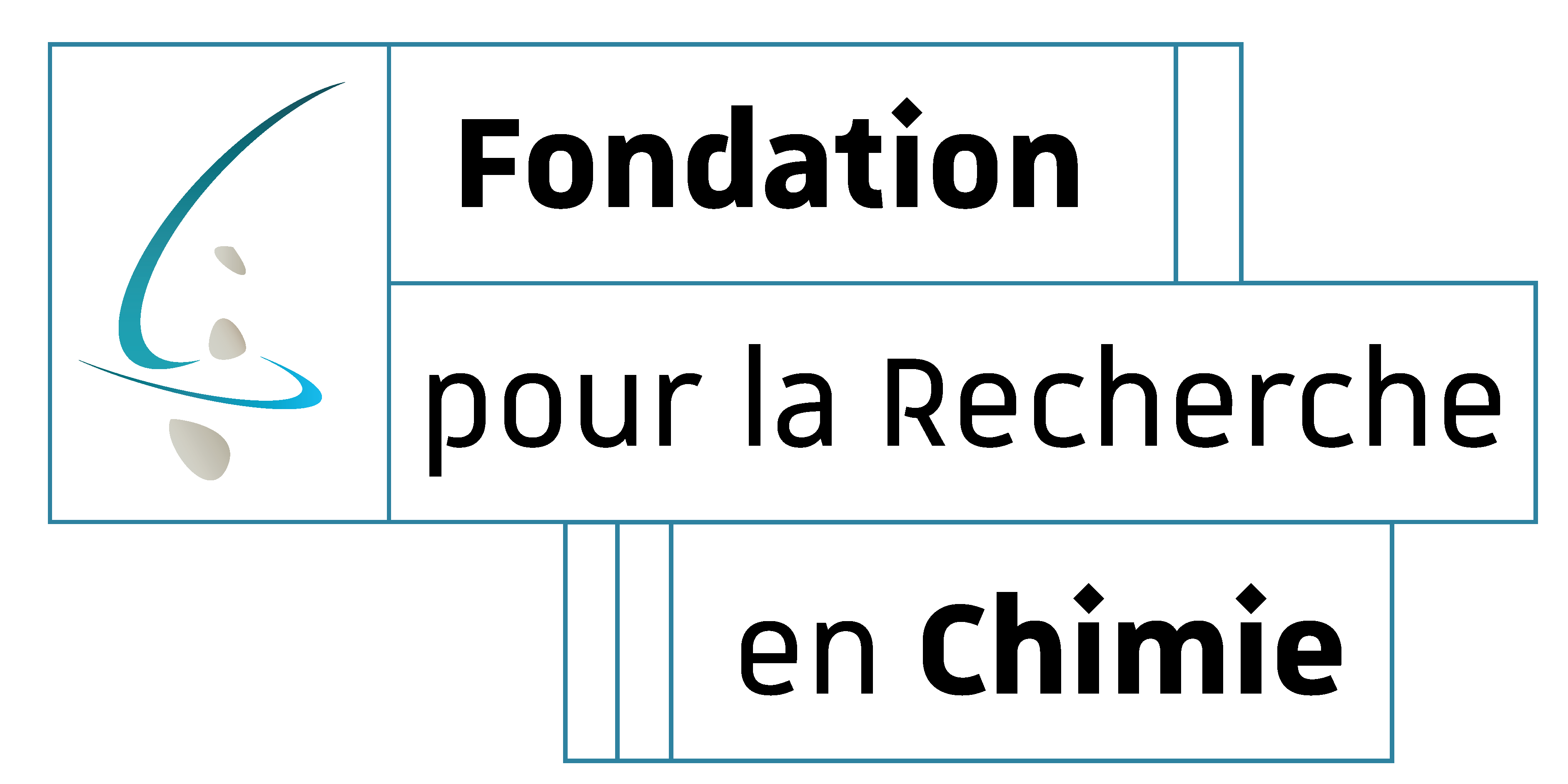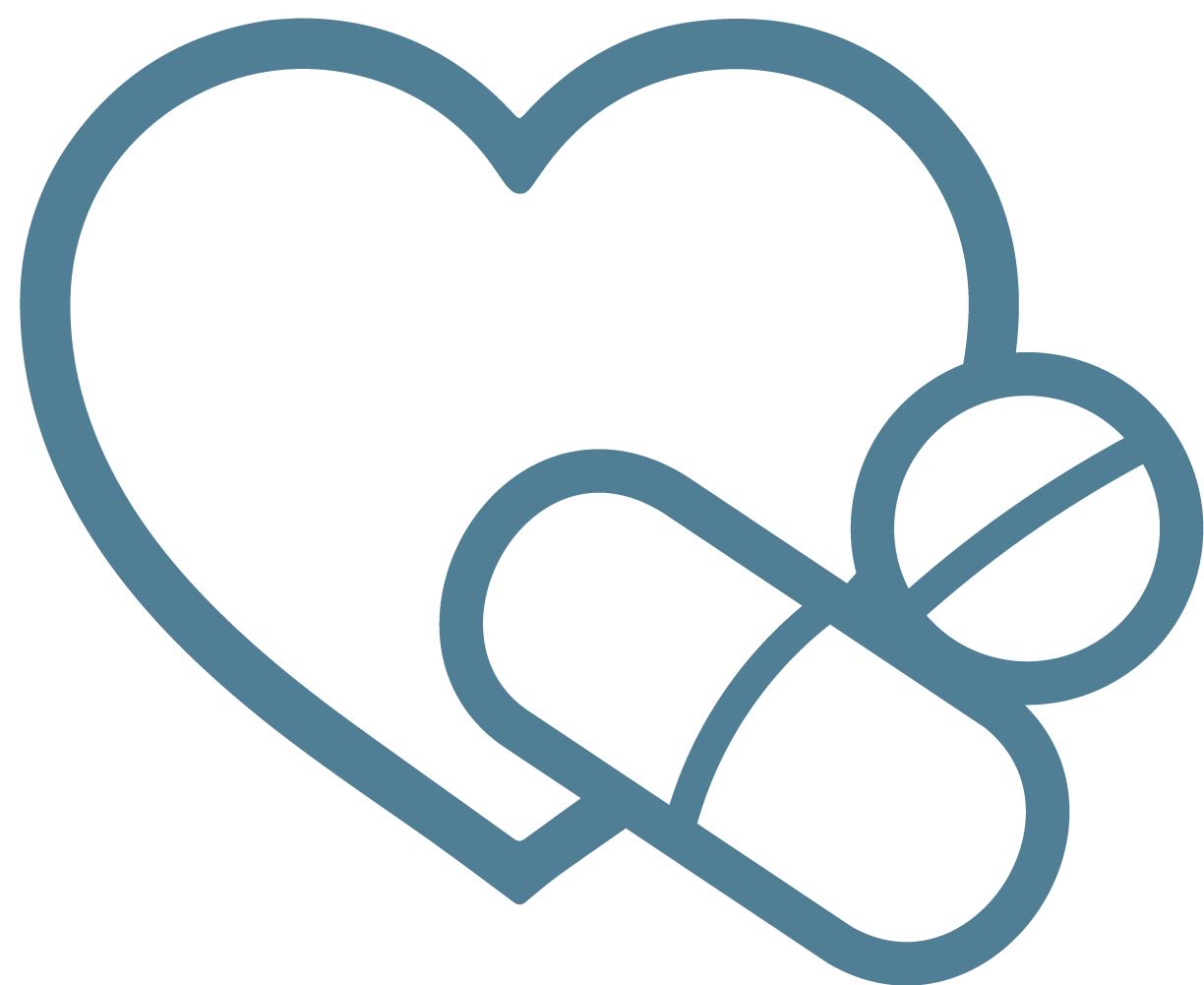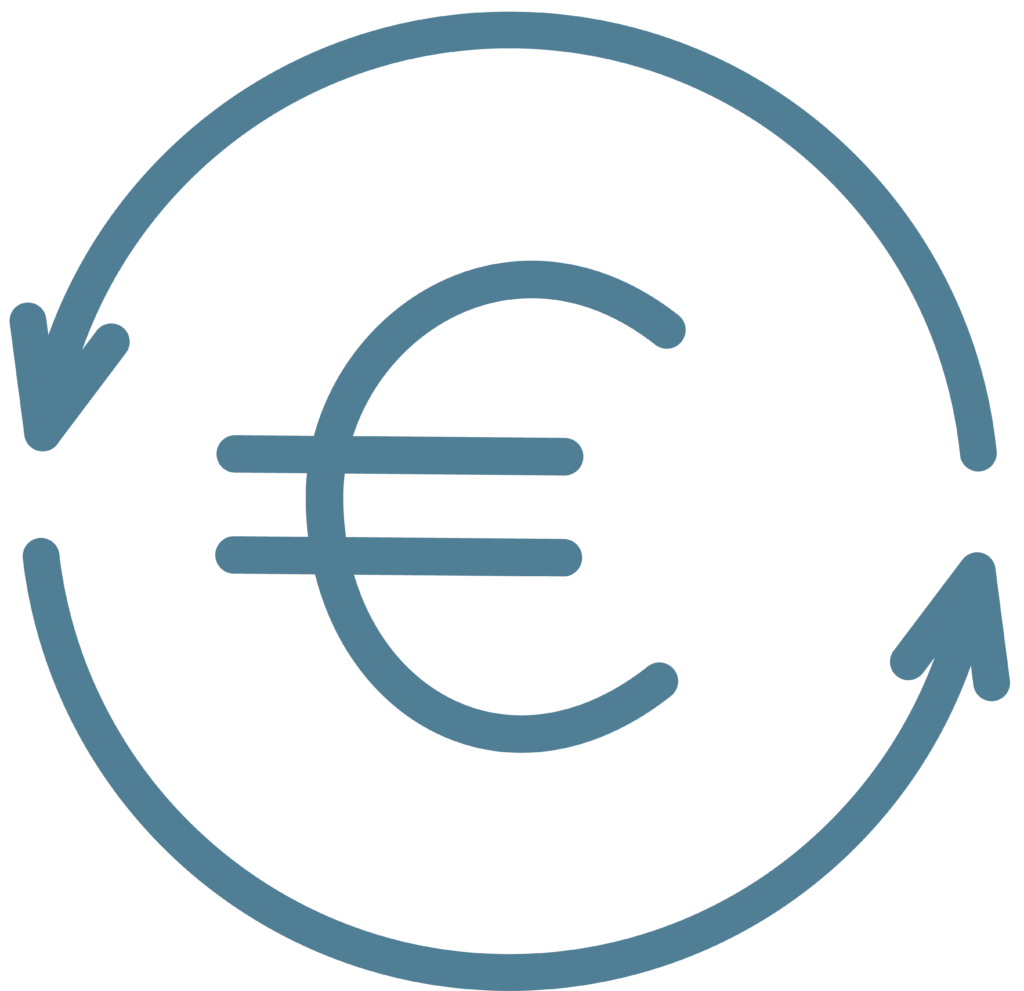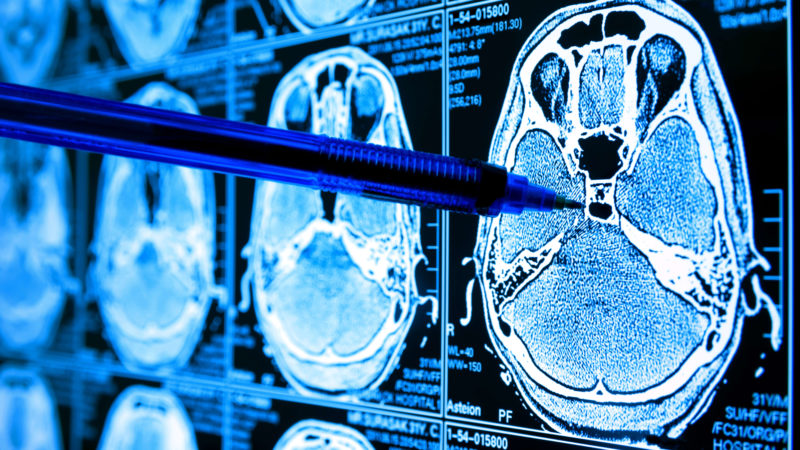Nervous system diseases


Why commit alongside the researchers at the Strasbourg Institute ?






The IMS is associated with the Foundation for Chemistry Research so that all donations are eligible for a tax rebate for French fiscal residents :
- 66% when applied to Income tax (Impôt sur le Revenu), within the limit of 20% of your taxable income
- 75% when applied to the tax on real-estate assets (IFI), within the limit of €50,000.
Cancer
A new therapeutic approach to treating brain cancers

Glioblastoma is the most common and most aggressive form of brain cancer. As the 3rd cause of cancer-related death in young adults (aged between 15 and 35 years), this incurable tumour is associated with very limited survival.
Following diagnosis, very few patients (5%) survive for more than 3 years, and half of them are carried off by the disease within a year of diagnosis.
This tumour strikes sporadically, with no known risk factors associated with the disease in most cases. Although the molecular causes of the emergence of glioblastoma are not (yet) determined, it could be the result of mutations occurring in so-called stem cells giving rise to neurons and glial cells.
The Strasbourg-based teams are very interested in tumour-producing stem cells, and in particular in the role of the CXCL12/CXCR4/ACKR3 pathway in controlling how these cells functiiton. Our researchers have developed a family of molecules neutralising the chemokine CXCL12, a small protein that is known to be responsible for cellular migration, and are studying their effect on self-renewal of tumour-producing stem cells. Thanks to these studies, the researchers hope to open up innovative therapeutic perspectives in cancer treatment.
The hope for a treatment for asthma

Asthma is an inflammatory disease of the airways that affects more than 4 million people in France and has a significant impact on quality of life for patients.
Some patients with uncontrolled persistent asthma experience respiratory distress and frequent or severe asthma attacks putting their lives in danger. Oral corticosteroids can alleviate severe symptoms. However, current recommendations for the treatment of asthma do not recommend their long-term use due to the potentially severe side-effects: depression, obesity, high blood pressure, osteoporosis.
Building on their experience in immunology, Strasbourg-based teams have developed considerable knowledge around the peptide P140 – first discovered in Strasbourg – which is currently undergoing phase 3 clinical trials for use to treat an autoimmune, inflammatory disease called lupus. The remarkable safety profile of P140 has been confirmed, and its mechanism of action elucidated. This truly promising peptide presents hope for the development of drugs to treat chronic inflammatory diseases, with an accelerated process for the discovery of drugs benefitting patients.
Strasbourg-based laboratories are currently engaged in pre-clinical studies of the effect of P140 on relevant murine models of asthma, and the preliminary results are very encouraging.
For any donation to the institute, you benefit from our donor-acknowledgement programme :
Informing you about the impact of your donation and the advances it will have made possible
Offering you visibility by associating your name with the supported project
Participating in the highlights of the University of Strasbourg
Allowing you direct contact with the recipients of your donation